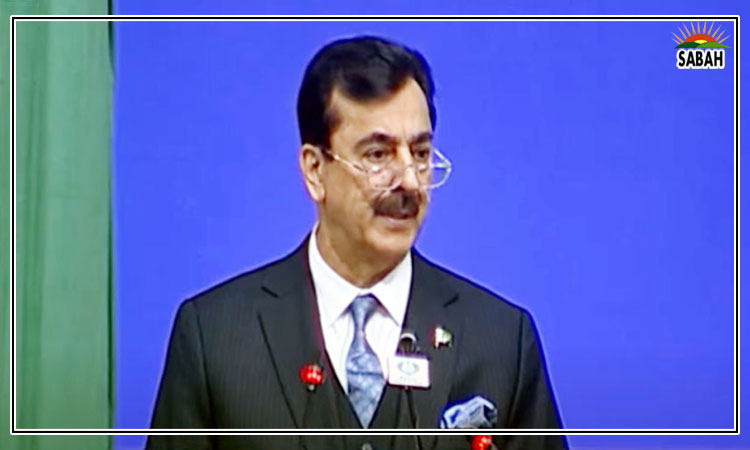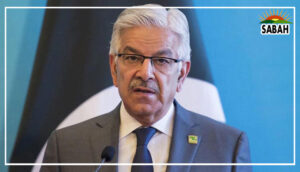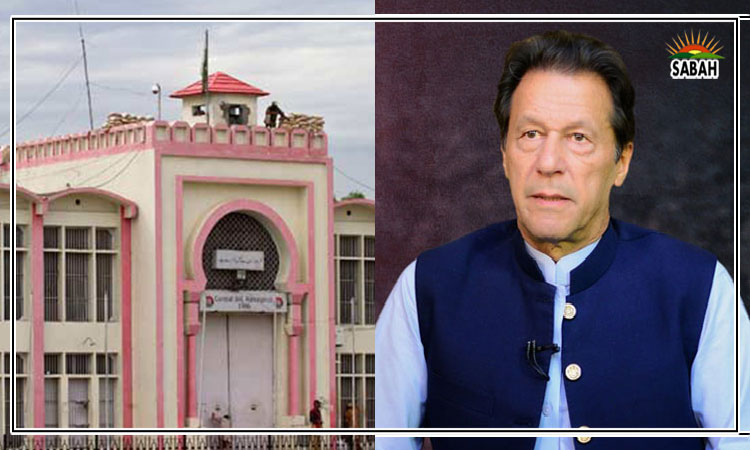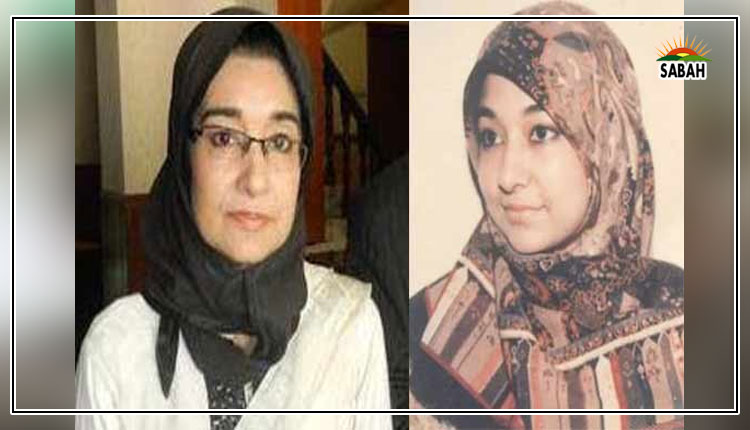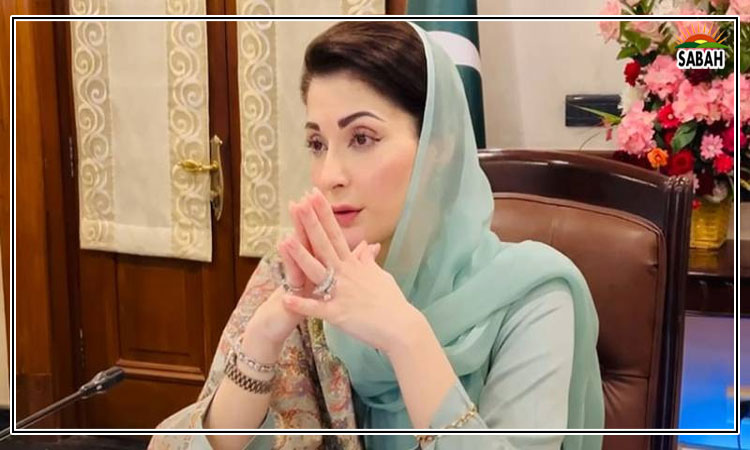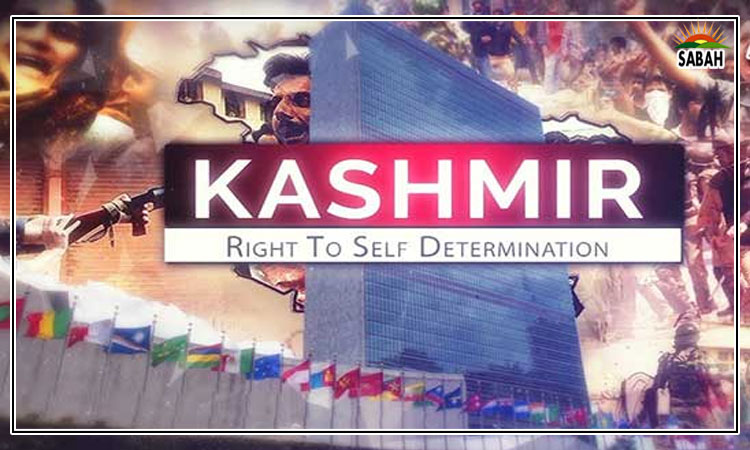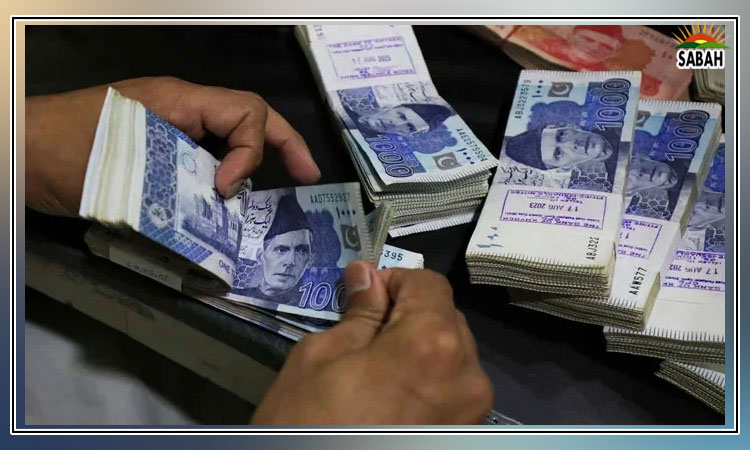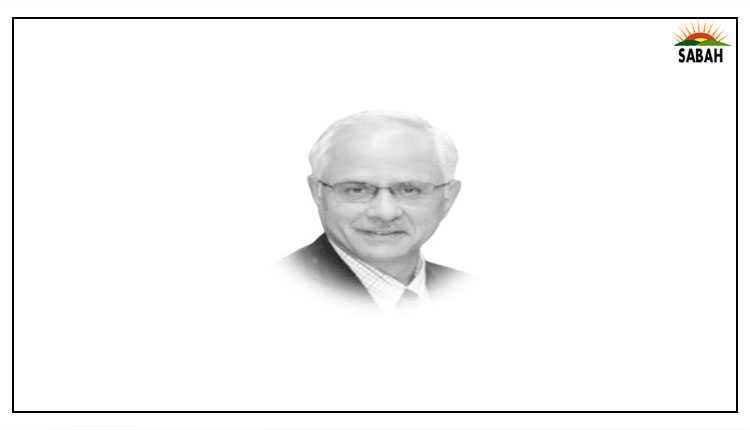Rescuing the soul of education: revitalising humanities…Dr Asghar Zaidi
Pakistan’s educational landscape, once thriving with humanities education, is now grappling with its marginalisation. The decline stems from policy neglect, societal preferences and systemic issues with the education system. Martha Nussbaum, Professor of Law and Ethics at the University of Chicago, in Not for Profit: Why Democracy Needs the Humanities, stresses the importance of humanities in fostering critical and ethical reasoning – skills vital for empathy, tolerance and conflict resolution in today’s Pakistan.
The broader value of humanities extends beyond academia. In a globalised economy, employers increasingly seek graduates with analytical, communication and problem-solving skills – areas where humanities excel. Moreover, humanities offer a powerful antidote to extremism by fostering intellectual inquiry, empathy and respect for diversity. By teaching students to question divisive narratives and appreciate different cultures, humanities education builds bridges across communities and promotes social cohesion. For Pakistan, humanities graduates can therefore significantly contribute to governance, cultural institutions and public policy, shaping a more reflective, tolerant and culturally vibrant society.
The growing focus on STEM (Science, Technology, Engineering and Mathematics) fields, mirroring global trends, has overshadowed the humanities in Pakistan. This market-driven prioritisation commodifies education, sidelining disciplines perceived as less economically lucrative.
The public perception of STEM as the sole pathway to financial stability has diminished interest in humanities, leading to fewer qualified faculty and a weakened curriculum. Helen Small, in The Value of the Humanities, critiques such economically driven approaches, emphasising that humanities cultivate an understanding of societal well-being and human complexity, which transcends monetary valuation.
Neglecting humanities education has profound implications. It undermines critical thinking, empathy and creativity – skills essential for progress and innovation. It also risks eroding Pakistan’s cultural identity, historical memory and ability to address complex social and ethical issues.
Importantly, the humanities serve as a way out of the rising extremism in Pakistan. As Edward Said argued in Humanism and Democratic Criticism that humanities cultivate intellectual resistance and critical awareness, essential for countering authoritarianism and promoting democratic values. Michael Roth, in Beyond the University: Why Liberal Education Matters, highlights how humanities foster adaptability and pluralism, equipping individuals to navigate diverse cultural and societal contexts. In Pakistan, sidelining the humanities exacerbates polarisation and hinders efforts to build an inclusive, harmonious society.
Reversing this decline requires a multi-faceted approach.
First, the curriculum must be modernised to reflect contemporary global issues and incorporate interdisciplinary methods, blending humanities with STEM. The Higher Education Commission’s (HEC) new Undergraduate Education Policy, which integrates liberal arts into undergraduate programmes, offers a promising framework for balanced education.
Second, public awareness campaigns are crucial to dispel misconceptions about the relevance of humanities in the 21st century. Highlighting the demand for skills like critical thinking and communication in fields such as governance, media and public policy can demonstrate the humanities’ tangible value.
Third, investments in faculty development and international collaboration are necessary to enhance teaching methods and research capacities. Models like the European Union’s Horizon 2020 programme illustrate how interdisciplinary humanities research can address pressing global challenges.
During my tenure as Vice Chancellor of Government College University, Lahore, I implemented reforms to rejuvenate humanities. Recognising the limitations of traditional assessment methods, I introduced a policy encouraging innovation and critical thinking through projects and alternative evaluation modes. This shift reduced reliance on rigid, examination-based assessments, fostering creativity and deeper student engagement.
In addition, I introduced new disciplines to broaden students’ horizons. For instance, the establishment of the Department of History of Art – the first of its kind in Pakistan – allowed students to study art history through a diverse lens, integrating critical analysis of global and local artistic traditions. The new Global Studies department aims to prepare students to critically engage with global challenges such as climate change, international governance, migration and cultural exchange, equipping them with the interdisciplinary skills needed to navigate an increasingly interconnected world.
The introduction of Department of Translation Studies equipped students with linguistic and cultural competencies, fostering intercultural understanding. Similarly, the Turkish Language and Culture programme promoted cultural exchange and appreciation, enabling students to better understand a major civilisation that has profoundly influenced South Asia.
Experiential learning initiatives further bridged theory and practice. For example, permitting fortnightly classes at museums, historical sites, or even parliament deepened students’ real-world understanding of their subjects. These measures transformed humanities education into a dynamic, impactful experience.
Looking ahead, and to rescue the soul of Pakistan’s education system, policymakers, educators and society must appreciate the intrinsic value of the humanities. Public policies should integrate humanities into compulsory education, incentivise interdisciplinary research and encourage partnerships with global institutions.
Investing in humanities education is not merely a cultural luxury but a societal necessity. As Amartya Sen argues in The Idea of Justice, a just society requires individuals who can think critically and act ethically – qualities nurtured through the humanities. By embracing a holistic educational framework, Pakistan can cultivate a generation capable of addressing complex challenges with wisdom and empathy.
In an era of global interconnectedness, Pakistan’s progress hinges not only on technical innovation but also on fostering citizens who are reflective, ethical and culturally aware. The revitalisation of humanities education is essential for building a resilient, peaceful and inclusive society.
COURTESY ![]()


